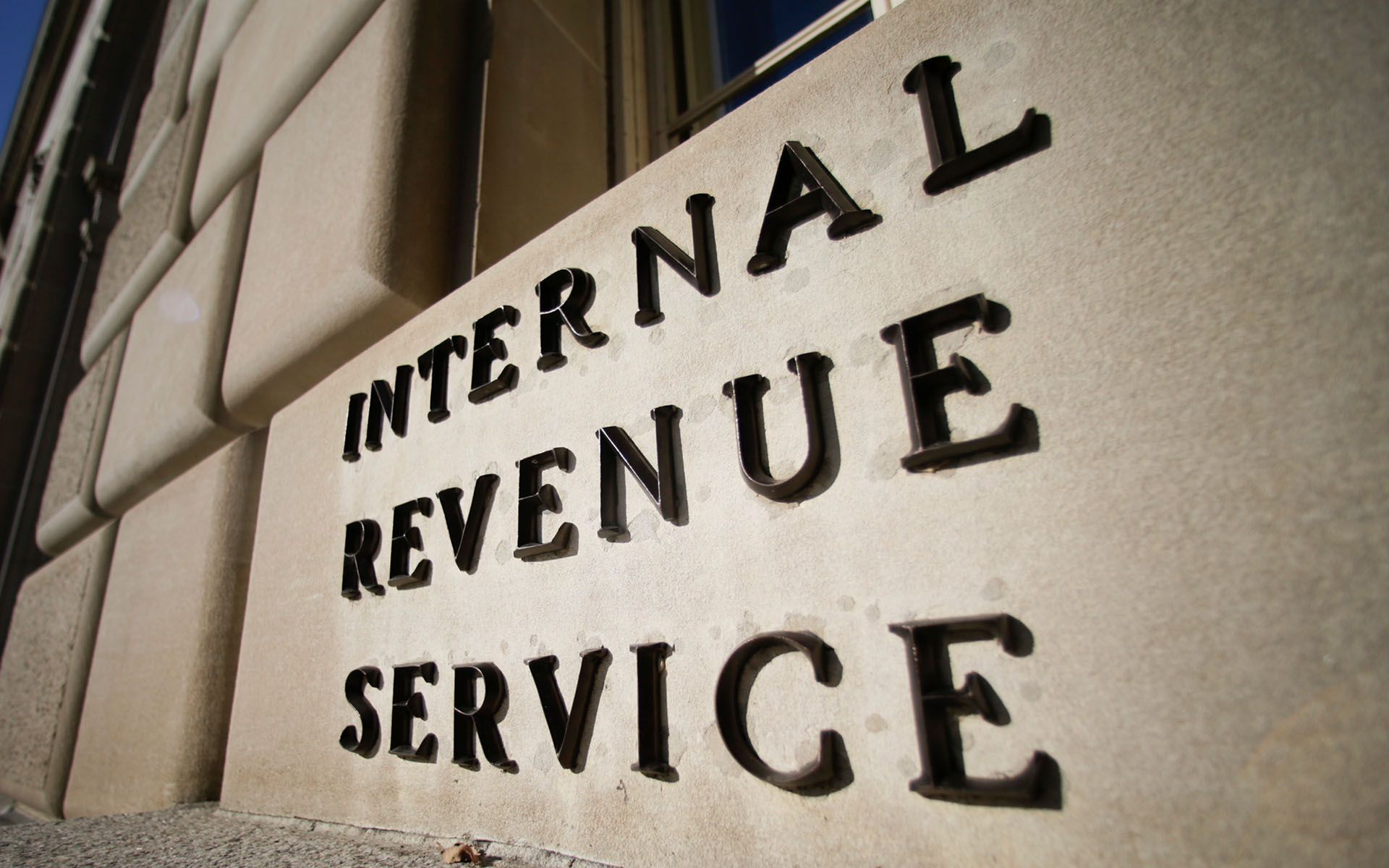Tuesday, April 17 is tax day in the United States of America – but early numbers are suggesting cryptocurrency investors aren’t being entirely upfront with the government’s tax collectors.
Our Little Secret
Nobody likes doing their taxes, especially now that reporting profitable cryptocurrency trades is required by law. Going through a years’ worth of trades and reporting profits is time-consuming and complicated — and it’s not being done.
According to the Internal Revenue Service, fewer than 100 of the last 250,000 tax filers have reported capital gains investments from cryptocurrency holdings as of April 13. No matter which way you look at it, that’s a shockingly low number.

As noted by Investopedia, that number – which comes directly from Credit Karma – amounts to a mere 0.04 percent of all tax filers. The 2015 tax year yielded similar results, as only 802 people recorded cryptocurrency gains and losses in their tax filings.
Obviously, the two numbers shouldn’t be comparable, as there’s a solid chance many of the people reading this article didn’t even know what cryptocurrency was in 2015. Thus, it stands to reason that the majority of cryptocurrency holders are deciding to simply take their chances and omit their cryptocurrency trades altogether.
Taking one’s chances with the government’s tax collectors is never advisable, however. Failing to properly file taxes with the IRS could result in steep fines and, in more egregious cases, even jail time. Still, as K&L Gates partner Elizabeth Crouse suggested, cryptocurrency investors tend to live on the edge a bit more than traditional investors. She explained:
Most of the people in the cryptocurrency world tend to have a pretty high risk tolerance.

Other US taxpayers may be failing to record their cryptocurrency holdings because they’re simply unaware of the rules – though the IRS claims that ignorance of the law is not excusable. (Just ask Wesley Snipes.) However, the rules themselves are immensely complicated. Selva Ozelli, a CPA, and a lawyer specializing in cryptocurrencies explained:
U.S. taxpayers may not even be aware of this requirement when it’s obvious that even experienced practitioners aren’t 100% certain whether there is a requirement of the kind or not.
Another possible scenario is that cryptocurrency investors are simply playing the waiting game. Credit Karma Tax general manager Jagjit Chawla explained:
[There is a] good chance that the perceived complexities of reporting cryptocurrency gains are pushing filers to wait until the very last minute.
What do you think about the IRS’ complicated tax laws in regards to cryptocurrencies? Do you think those who fail to record their cryptocurrency investments are asking for trouble? Let us know in the comments below!
Images courtesy of PxHere, BigStockPhoto










